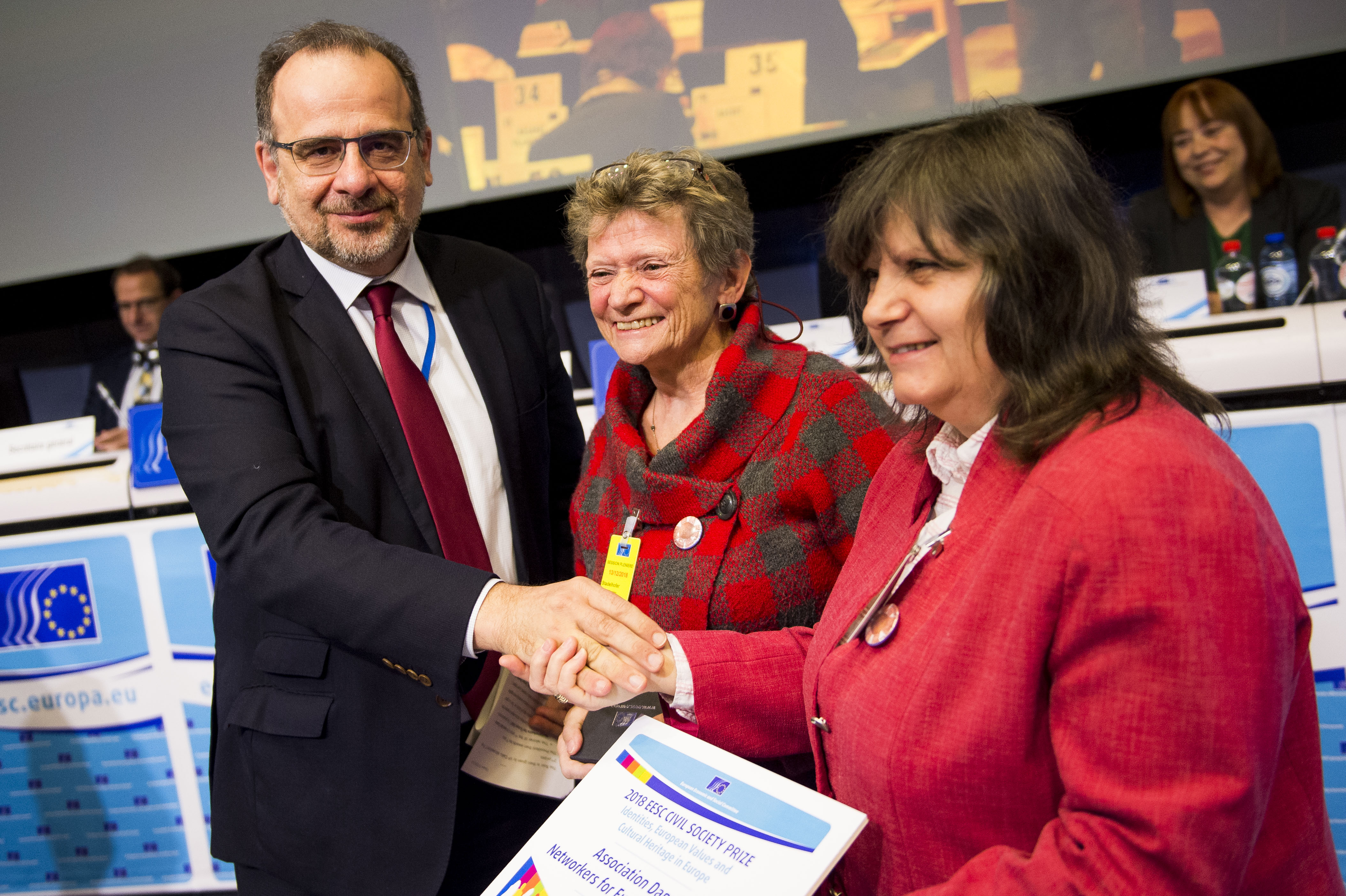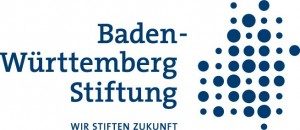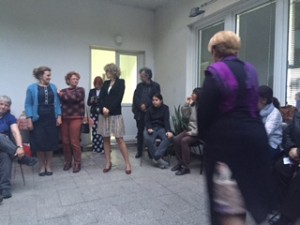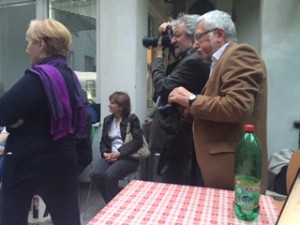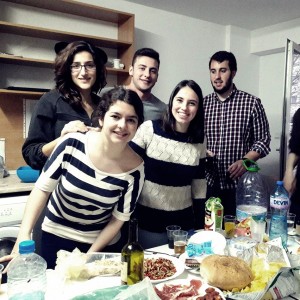The Soroptimist Club Ulm-Donaustadt hosted the first conference of the new Danube network SI-Danube with its partner club in the Bulgarian Danube city of Ruse in May (1.-3.5. 2019).
Representatives from Moldova, Romania, Bulgaria, Austria, Belgium and Germany developed strategies for further networking at the two-day conference at the University of Ruse. The focus was on the joint adoption of a call for European elections against the background of growing populism and low turnout in Eastern European countries in the last elections to the European Parliament in 2014. Women from East and West called for voting for candidates in EU member states who stand for social justice and progress, the protection of human rights and equal rights. The content of the conference and the call for elections were well received by the local media.
The informal network gave itself a structure in Ruse. Annette Schmidt from the SI Club Ulm-Donaustadt was elected chairman of the SI Danube Committee, to which clubs from each country will send representatives in the future. The Danube networker Carmen Stadelhofer from Ulm (founder of Danube Networkers and ILEU) is honorary chairman of the association.
From a series of proposals for joint Danube projects, the conference decided on a first priority work in the field of education on Danube water quality and environment.
The new network SI Danube was founded on the initiative of the SI Club Ulm-Donaustadt at a soroptimistic meeting on the occasion of the International Danube Festival Ulm/Neu-Ulm in July 2018. Through an effective network it supports the dissemination of the goals of Soroptimist International and promotes the personal acquaintance of women in the Danube countries.
Contact: Anita Schlesak, President Soroptimist Club Ulm-Donaustadt 2018-2020 Phone 0172-45 26 838

